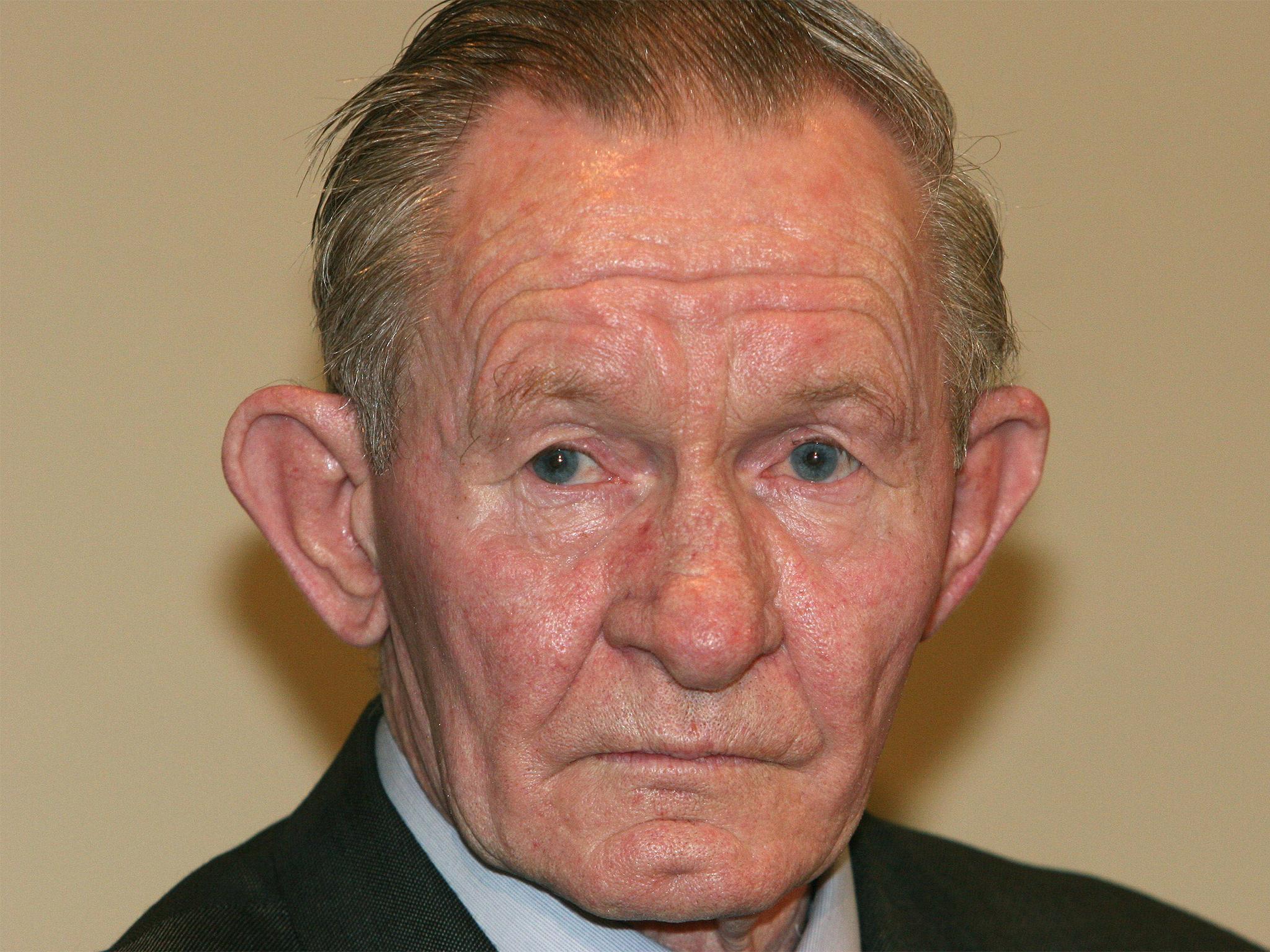Charles Jenkins dead: US soldier who defected to North Korea during Cold War after drinking dies aged 77
He deserted his post in South Korea to surrender to the north in 1965

Your support helps us to tell the story
From reproductive rights to climate change to Big Tech, The Independent is on the ground when the story is developing. Whether it's investigating the financials of Elon Musk's pro-Trump PAC or producing our latest documentary, 'The A Word', which shines a light on the American women fighting for reproductive rights, we know how important it is to parse out the facts from the messaging.
At such a critical moment in US history, we need reporters on the ground. Your donation allows us to keep sending journalists to speak to both sides of the story.
The Independent is trusted by Americans across the entire political spectrum. And unlike many other quality news outlets, we choose not to lock Americans out of our reporting and analysis with paywalls. We believe quality journalism should be available to everyone, paid for by those who can afford it.
Your support makes all the difference.A US soldier who defected to North Korea and became a prisoner there for nearly four decades has died at the age of 77.
Charles Jenkins abandoned his post at the Demilitarised Zone in South Korea to cross over into North Korea and surrender to the hermit kingdom after having drunk several beers in 1965.
Mr Jenkins' decision to defect was prompted by fears he would be killed in patrols or ordered to fight in the Vietnam war. Once in North Korea, he presumed he could seek asylum with the Russian embassy and eventually go back to the US in an exchange of Cold War prisoners.
However Russia did not grant Mr Jenkins, who was just 24 when he crossed over, or the other Americans asylum and they were held prisoners by the North Koreans.
"Thinking back now, I was a fool. If there's a God in the heaven, he carried me through it," he said in a 2005 interview with CBS.
Mr Jenkins, who resided in Japan where he had settled with his family after his 2004 release, died on Sado island on Monday. He lived on Japan’s sixth-biggest island with his wife Hitomi Soga – a fellow former prisoner of North Korea.
According to Japanese media reports, he collapsed outside his home and later died of heart problems in hospital.
According to Mr Jenkins, upon arriving in the totalitarian regime he was held in a one-room house with three other American defectors for seven years and forced to study the teachings of then leader Kim Il-sung.
Mr Jenkins, the only US soldier in the group who was released, said his captors frequently beat him and carried out medical procedures on him that were at times either needless or cruel. While in North Korea, he and the American defectors became famed for playing the role of Americans villains in North Korean propaganda films.
Mr Jenkins married Ms Soga - one of his language students who was taken to North Korea against her will - in 1980.
She was one of more than a dozen Japanese citizens who were taken by the regime’s spies in the 1970s and 80s and transported to North Korea to teach agents their language and traditions.
The pair fell in love and had two daughters. In his memoir, he revealed that every night before they went to bed, he would say "oyasumi" (Japanese for goodnight) to his wife and she would respond in English.
Writing in his 2008 memoirs The Reluctant Communist: My desertion, court-martial and 40-year imprisonment in North Korea, he said: "We did this so we would never forget who we really were and where we came from.”
“Even though we were in love and thankful to be together, we did this to remind ourselves that this place was not really our home and never would be, and that no matter what happened, she was still Japanese, and I was still American”.
In 2002, Ms Soga was finally set free following negotiations by the Japanese government. Two years later, Mr Jenkins was permitted to follow suit and also freed along with their daughters.
The family settled in Ms Soga’s hometown of Sado and Mr Jenkins, originally from North Carolina, became something of a celebrity.
He surrendered to the US Army once in Japan and was court-martialled almost four decades after he unloaded his M-16 rifle to show the enemy he meant no harm, raised his knees to dodge triggering tripwires, and crossed into North Korea.
He was eventually handed a 30-day prison sentence and a dishonourable discharge.
Speaking about his time in North Korea in a rare interview with the Los Angeles Times in August 2017, he said: “In North Korea, I lived a dog’s life. Ain’t nobody live good in North Korea. Nothing to eat. No running water. No electricity. In the wintertime you freeze - in my bedroom, the walls were covered in ice.”
He remained fearful of North Korea into later life, saying: “North Korea wants me dead.”
Join our commenting forum
Join thought-provoking conversations, follow other Independent readers and see their replies
Comments